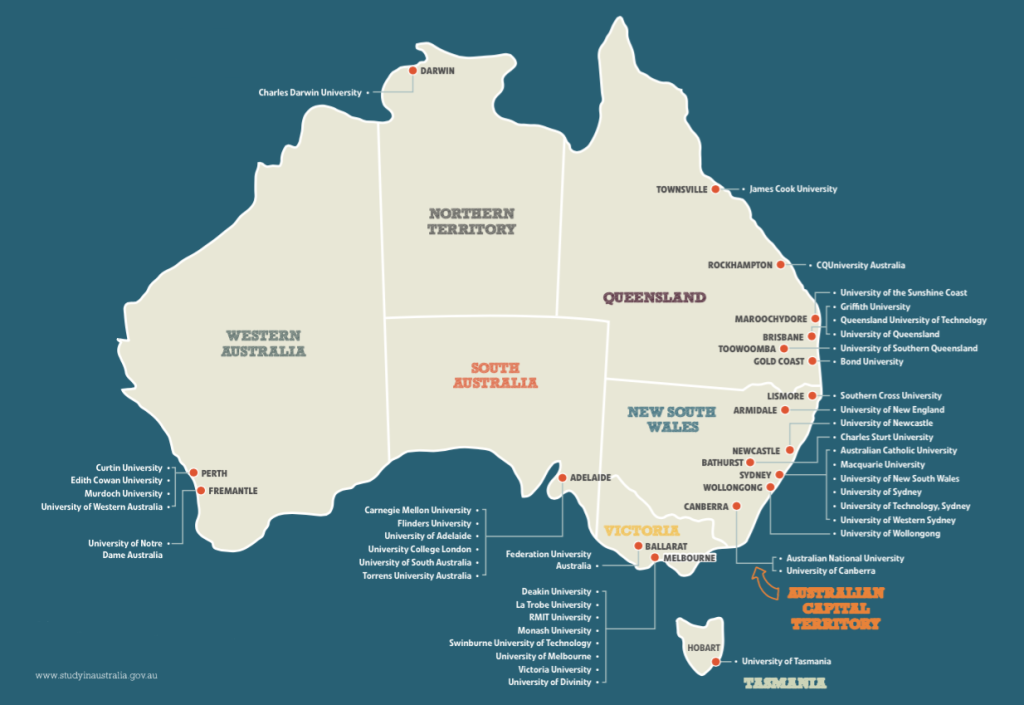London
Highest concentration of international students due to top-ranked universities and vast program choices.
Manchester
A vibrant student city with a strong academic reputation and excellent research facilities.
Birmingham
Affordable living with diverse course offerings and a multicultural student environment.
Edinburgh
Home to world-class institutions in a historic and scenic capital city with a strong academic heritage.
Primary and Secondary Education
- Divided into 4 Key Stages:
- Key Stage 1: Ages 5–7 (Years 1–2)
- Key Stage 2: Ages 7–11 (Years 3–6)
- Key Stage 3: Ages 11–14 (Years 7–9)
- Key Stage 4: Ages 14–16 (Years 10–11, leads to GCSEs)
- Primary Education (Ages 5–11)
Focus on foundational subjects – English, Math, Science + Art, PE, History, Computing. Ends with national assessments. - Secondary Education (Ages 11–16)
Prepares students for GCSEs with subject specialisation starting in Key Stage 3. Students are grouped by subjects and taught by specialist teachers.
Types of Schools
- State Schools (Free for UK students)
- Community, Foundation, Academies, Grammar, Faith Schools
- Usually not available to international students unless accompanying a parent.
- Private (Independent) Schools
- Fee-paying, open to international students, can offer tailored curriculum.
- Boarding Schools
- Can be state-funded or independent; combine academics and residential care. Boarding fees apply even in state schools.
- Faith-Based Schools
- Follow national curriculum but include religious studies; may have unique admission rules.
Further Education (Ages 16–18)
After GCSEs, students choose between academic and vocational pathways:
- Sixth Form / Sixth Form Colleges
Final two years of secondary education, prepares students for university. - A Levels
- 2-year subject-based qualifications (typically 3 subjects)
- Required for university entry.
- International Baccalaureate (IB)
- Broader curriculum including essays, theory of knowledge, and creativity/service projects.
- Vocational Options
- BTECs: Career-focused, accepted by many universities.
- T Levels: Combine classroom learning with work placements.
- NVQs / SVQs: Practical training for specific jobs.
Support for International Students
- Independent schools, sixth forms, and colleges accept international students with the appropriate Child Student Visa or Student Visa.
- UKCISA (UK Council for International Student Affairs) offers guidance on visas, tuition, and student support.
Global Recognition
UK qualifications are internationally respected, with 4 universities in the QS World Top 10 (2024). UK degrees ensure high academic standards, government-regulated institutions, and world-class research opportunities.
Affordable & Time-Saving
Degree programs are shorter—3 years for a Bachelor’s and 1 year for most Master’s, making the UK more cost-effective than destinations like the US or Australia. Shorter courses = lower tuition, reduced living expenses, and faster career entry.
Multicultural & Inclusive
With a rich mix of cultures across England, Scotland, Wales, and Northern Ireland, and minorities making up 15% of the population, the UK is welcoming and inclusive. Students from all backgrounds find a supportive environment to live and learn.
Bachelor’s Degree
- Academic: Completion of A-Levels or Year 12 equivalent (with relevant subjects)
- Minimum Requirement: 3 simple passes
- English Proficiency: IELTS 6.0 – 6.5 (no band less than 6.0)
- Note: Top-ranked universities may require higher grades.
2. Master’s Degree
- Academic: Accredited Bachelor’s degree (preferably in a related field)
- Minimum Requirement: 1st Class or Upper Second Class Honours
- English Proficiency: IELTS 6.5 – 7.0 (no band less than 6.5)
- Additional: Relevant work experience is desirable.
3. Doctoral Degree (PhD)
- Academic: Accredited Master’s degree (preferably in a related field)
- English Proficiency: IELTS 7.0 – 7.5 (no band less than 7.0)
- Additional: Research experience and publications are highly desirable.
Scholarships range from 10% to 100% of tuition fees.
Awarded based on the university’s criteria and the student’s academic profile, extracurricular achievements, English proficiency, and past accomplishments.
Both undergraduate and postgraduate students are eligible to apply.
Some scholarships may also cover living costs or offer stipends.
For Students:
- Inner London: GBP 12,006 per year
- Outer London: GBP 9,207 per year
For Dependents:
- Inner London: GBP 7,605 per year
- Outer London: GBP 6,120 per year
During term time:
Up to 20 hours per week (for degree-level and above students)
During holidays/semester breaks:
Full-time work permitted
Finding employment in the UK after graduation is relatively easy, especially for students with in-demand skills.
Most international graduates secure full-time jobs within 3 to 6 months of completing their degree.
The UK Graduate Route allows eligible international students to stay and work (or look for work) in the UK for up to:
- 2 years after a Bachelor’s or Master’s degree
- 3 years after a PhD
International students can apply for a Graduate Visa after completing an eligible UK degree.
This visa allows graduates to stay and work in the UK for up to 2 years (or 3 years for PhD holders).
No job offer is required to apply.
You can work in any sector at any skill level, including self-employment.
- You cannot apply for PR directly after your Post-Study Work (Graduate) Visa.
- To be eligible for Indefinite Leave to Remain (ILR)—the UK’s version of PR—you typically must:
- Live in the UK legally for 5 years under an eligible visa (e.g. Skilled Worker, Innovator, etc.)
- Meet income and English language requirements
- Pass the “Life in the UK” test
The Graduate Visa (2–3 years) does not count directly toward ILR but can be a stepping stone to switch to a Skilled Worker Visa, which does count toward the 5-year residency requirement.
United Kingdom Profile
Population: 67.5 Million(2019)
Capital: London
Largest City: London
Area: 242,495 sq km
Major Language: English
Major Religion: Christianity & Irreligious
Life Expectancy: 79 years (men), 83 years (women) (UN)
Monetary Unit: 1 Pound Sterling (GBP) = LKR 240.00
Main Exports: Machinery and transport, manufactured goods, chemicals, plastics, aerospace products, electrical and electronic
GNI Per Capita:US $41,340 (World Bank, 2019)
International Dialing Code: +44
Partners




Universities





